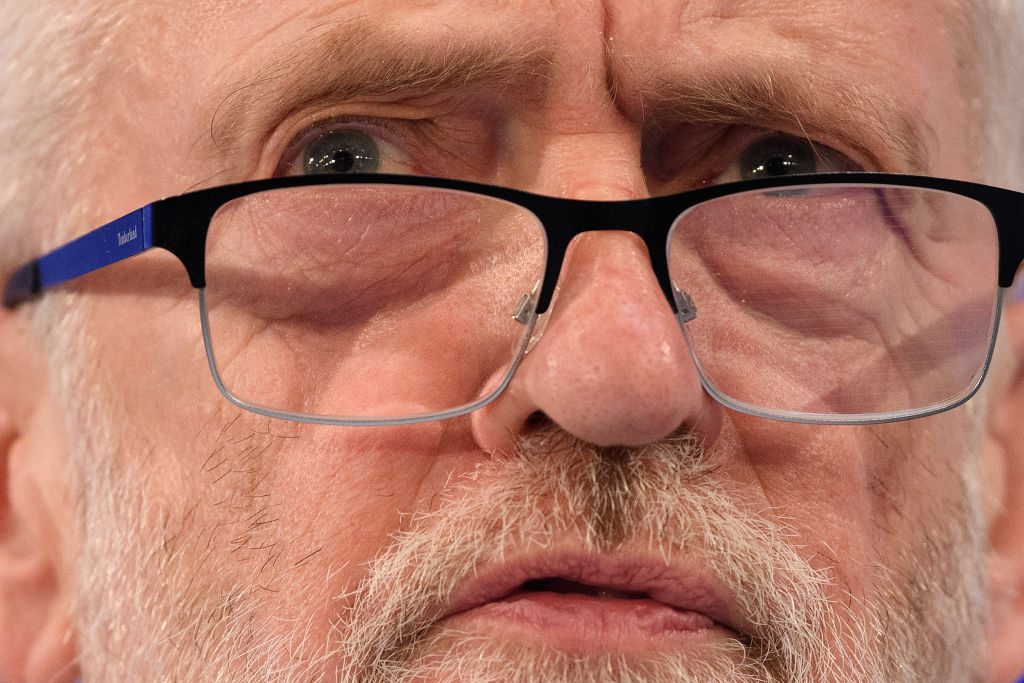A group of Labour MPs are expected to announce they are leaving the party this morning. While the numbers and names aren’t yet confirmed, this has been a very long time coming, with members planning their exit for months, and rumours about it swirling for almost as long. Finally, the question is now not whether some MPs will leave, or indeed when. But today’s announcement raises many more questions which are even more difficult to answer:
1. Are there more to come?
It’s not expected that much more than half a dozen MPs will announce they are going today. These are the ones who’ve been considered almost a dead cert to leave for a good while. But other colleagues have been rumoured to be interested in breaking away, too. Some of them might need to see their colleagues going over the top before they can really contemplate it, while others are still wavering.
2. Won’t this just usher in a decade of Tory government?
That’s the attack line being used by John McDonnell and others around the Labour leadership. A new party will merely spilt centre-left votes in constituencies, allowing Tory candidates to win. The splitters will have to explain why they don’t think this is going to happen, or why they think Theresa May would be a better Prime Minister than Jeremy Corbyn.
It’s worth noting that another squeeze message being used internally by those who oppose Jeremy Corbyn but think it is worth fighting to save the Labour Party is the threat that any departing member will be replaced by a Corbynite Labour candidate. So in seats where the Tories really don’t have a hope, a splitting MP will be enabling the Labour Party to become more left wing.
3. Is this just a new Labour Party?
The MPs leaving today are dissatisfied at the leadership of their party, but to create a real new movement, they need to prove that this isn’t just Labour 2.0. Instead, they need to attract Tories and perhaps some Liberal Democrats too. The failure of the latter to provide a refuge for fleeing centrist MPs hasn’t really had enough airtime, but even Sir Vince Cable has publicly accepted that his party might feed into a new party, rather than trying to compete with it.
4. What does this party stand for?
Again, if this is to a wider movement than just an alternative Labour Party, the new group needs distinctive policies. This means that not every Labour MP who wants to leave will necessarily want to join.
5. Who is in charge?
This isn’t just about who will be the group’s leader, but also its whipping arrangements, given the next set of Brexit votes.







Comments